Elsie Dinsmore
Book Excerpt
Elsie answered only by a fresh burst of tears.
"They have all gone to the fair and left you at home alone; perhaps to learn a lesson you have failed in reciting?" said the lady, inquiringly.
"Yes, ma'am," said the child; "but that is not the worst;" and her tears fell faster, as she laid the little Bible on the desk, and pointed with her finger to the words she had been reading. "Oh!" she sobbed, "I--I did not do it; I did not bear it patiently. I was treated unjustly, and punished when I was not to blame, and I grew angry. Oh! I'm afraid I shall never be like Jesus! never, never."
The child's distress seemed very great, and Miss Allison was extremely surprised. She was a visitor who had been in the house only a few days, and, herself a devoted Christian, had been greatly pained by the utter disregard of the family in which she was sojourning for the teachings of
Editor's choice
(view all)Popular books in Fiction and Literature, Young Readers, History, Religion
Readers reviews
- Upvote (0)
- Downvote (0)
She has always been a very spiritually sensative girl but now she has a greater understanding of how Godliness is applied in the life of a child. She has even written her own stories as "A Day in the Life of Elsie" in which she has taken the characters and settings and expounded on situations and circumstances that she imsgines could have happened. I am deeply indebted to the wonderful, late Martha Finley for her writings. How could she have known that more than 150 years later she would have such an impact?
That said, I wouldn't ever give one of these books to a small child.
I loved the books and immensely annoyed my family by reading loudly and dramatically whenever possible.
I would highly recommend them.
My grandmother preferred Peck's A story of a bad boy!
Elsie, in this book, is a very young girl whose mother is dead and whose absent father has come over time to despise his all-but-orphaned daughter. Elsie lives with her grandfather; the other children in the home are her aunts and uncles.
Elsie's extreme, priggish Christian piety, the casual racism that surrounds her (at one point, her devoted slave mammy, Aunt Chloe, comments that Jesus loves her just the same as if she was white) and the straw men that the author sets up as Elsie's tormentors, make this book simultaneously treacly and offensive, although I don't doubt that the racism of the time is accurately portrayed.
The climax of the book comes when Elsie's father, having returned to his home, attempts to force Elsie to play on the piano a song that she considers improper for the Sabbath.
Her father orders her to remain seated on the piano bench until she is ready to accede to his wishes, but poor, devout little Elsie remains so long that she faints and falls from the bench, hitting her head and, we are told, nearly losing her life.
Here's an excerpt:
"Elsie, do you know that you were very near being killed last night?"
"No, papa, was I?" she asked with an awe-struck countenance.
"Yes, the doctor says if that wound had been made half an inch nearer your eye--I should have been childless."
Elsie's strongest reaction is to tell her father that she was quite ready to go to Heaven.
Melodrama, indeed.
The best reason to read "Elsie Dinsmore" is that it makes reading the works of Louisa May Alcott all the more pleasant. Think of Jo March's struggles with her temper and compare them to Elsie's whimpering about how she failed to bear unearned punishments quietly. Elsie is presented as the ideal child; Jo's charm is her utter humanity, her flawed but lovable -- and instantly recognizable -- personality.
For an equally interesting comparison, try Alcott's "Eight Cousins" and "Rose in Bloom" in contrast to the Elsie series.
Alcott was a moving force in an entirely new form of children's literature, and one for which all book lovers should be eternally grateful.
Leave Elsie to the ages.
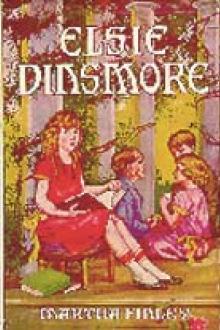
 Free Download
Free Download


















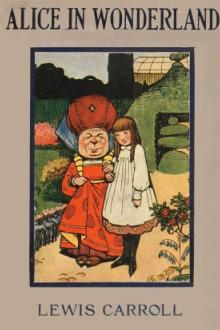



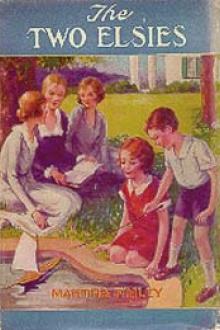
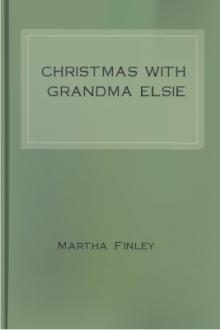
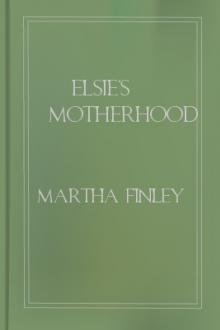
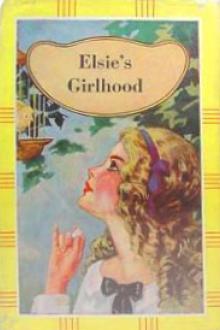
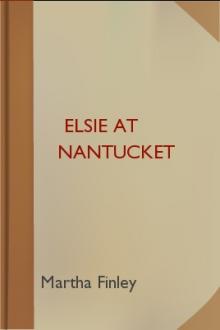
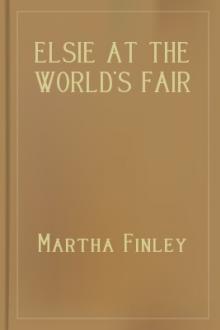
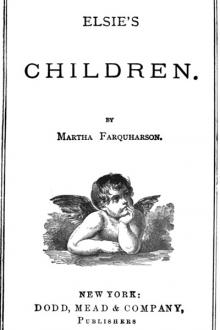
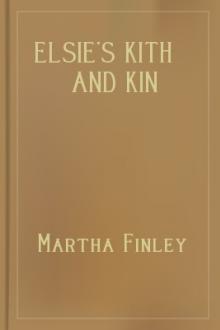
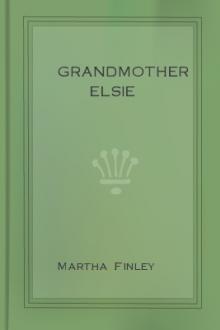
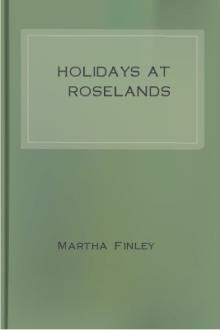
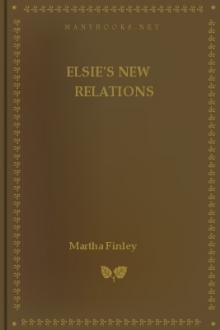
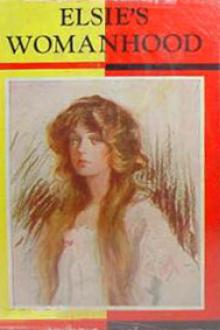
-itok=vcKIB5v1.jpg)